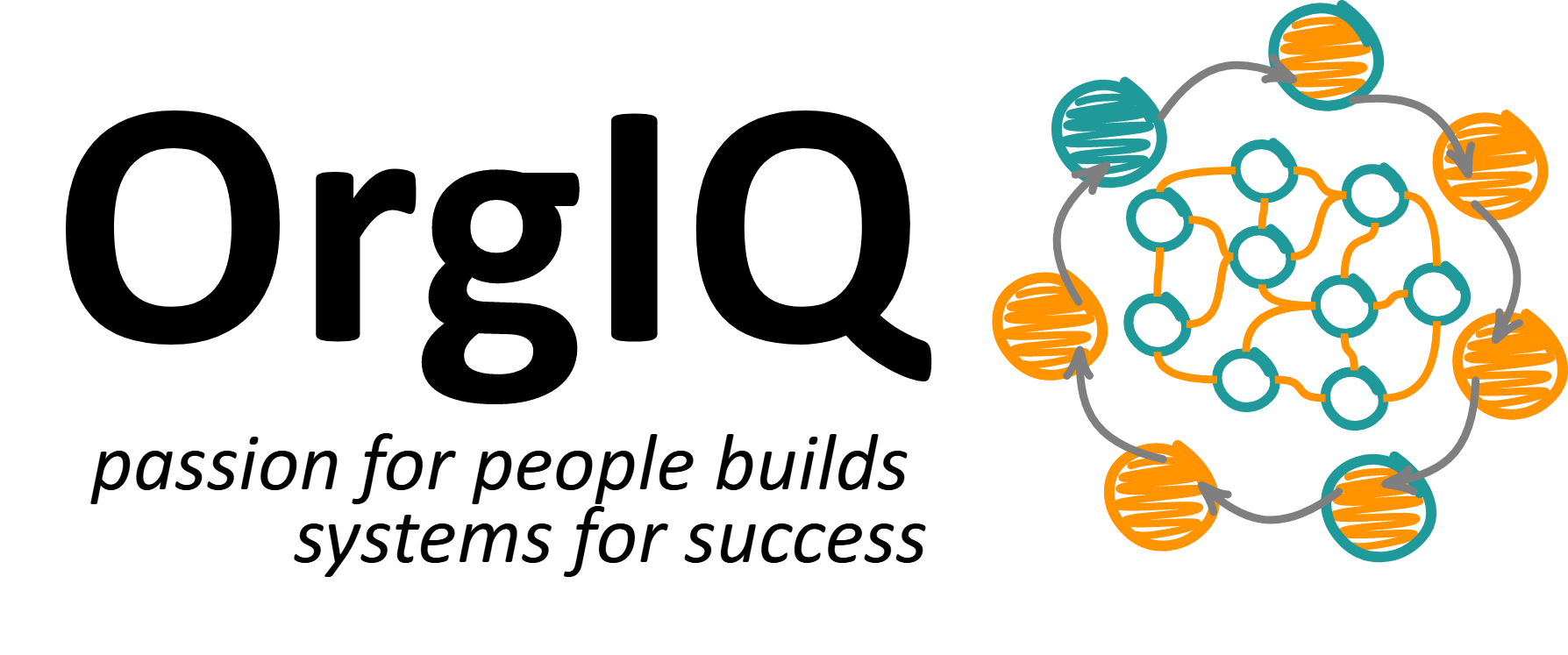Category: Intelligence
-
The Illusion of Control: Why We Cling to Simplicity in a Complex World
In the bustling world of business, complexity surrounds us like a dense fog. We know that complexity can bring innovation and opportunity, yet, paradoxically, we often revert to seeking control. Why do we still believe we can steer the ship directly towards increased revenue, even when we understand the unpredictable nature of complex systems? Let’s…
-
Neuro-diversity: Unpacking the Cognitive Traits of Generalists and Specialists
In today’s diverse workforce, appreciating the distinct cognitive capabilities of generalists and specialists is key to fostering a productive and innovative organizational environment. Neurodiversity, which celebrates neurological differences as part of human variation, provides a valuable framework for understanding how these roles can be best integrated and utilized in professional settings. This article delves into…
-
The Intelligence of Organizations: An Overview
The idea behind OrgIQ is not new. We know this. But as you see, we take the concept one step further. But first, let’s look what happened so far … The concept of organizational intelligence transcends the mere aggregation of individual members’ IQs within a company. It speaks to the collective ability of an organization…
-
The Paradigm Shift in Control Units: Lessons for Organizations from the Automotive World
Imagine this: a world where cars react to their environment with the grace of a gazelle, smartphones understand your mood before you do, and computers predict your needs seamlessly. This was the dream that drove us, coders and architects, to push the limits of technology. We were not just writing code; we were embedding our…
